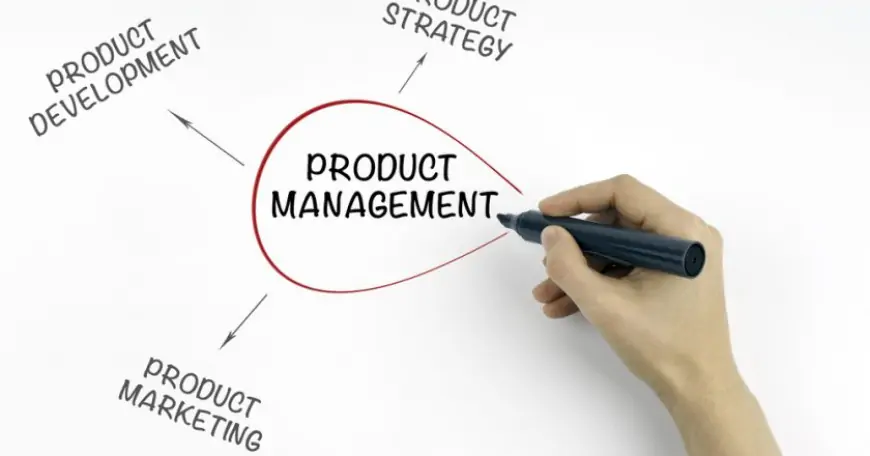How to become a product manager? How to launch your career as a product manager
Discover the key differences between project managers and product managers, focusing on strategic vision versus logistical execution in their roles.

If you’re wondering how to break into product management, the good news is that you don’t necessarily need an advanced degree to succeed. In this fast-paced role, hands-on experience is often more valuable than formal education.
Product management combines principles from both technology and business, requiring a blend of technical know-how and strategic thinking. However, the most important qualities of a successful product manager often lie in essential soft skills, such as problem-solving, effective communication, and the ability to collaborate across multiple teams and levels within an organization.
What does a product manager do?
A product manager is responsible for shaping the vision of a new product and creating a plan to bring that vision to life. They guide the product’s development to ensure it meets customer needs while also aligning with the company’s overall objectives.
As the key coordinator for all aspects of the product, the product manager collaborates closely with design, development, sales, marketing, and customer service teams. At the same time, they keep company leadership informed about the product’s progress.
Ultimately, the product manager ensures that the entire organization is aligned and focused on achieving the product’s goals.
How to become a product manager
Here are the typical steps to follow when pursuing a career as a product manager:
Earn a bachelor’s degree
A degree in marketing, business, or a related field can provide a strong foundation for product management. Courses in communications, economics, and statistics are particularly useful.
Classes focused on projects give students the chance to take a concept from idea to completion, often involving tasks like creating mockups, wireframes, and prototypes. Group activities also help develop teamwork and collaboration skills through peer feedback and idea sharing.
Alternative option: Enroll in a bootcamp
If a four-year degree isn’t your path, consider a product design bootcamp. Product design and product management are closely related, and in many companies, the product manager fills both roles.
Bootcamps are intensive programs that teach specialized skills in a short period. Participants work on real-world projects, such as developing roadmaps and conducting market research. Many bootcamps offer full-time immersive options that last several months, as well as part-time or self-paced programs for those balancing work and study.
For bootcamp options, check out rankings of top product design bootcamps.
Gain practical work experience
In addition to formal education, hands-on experience is essential. Within your current organization, volunteer for projects or offer to solve problems, allowing you to demonstrate leadership and teamwork skills. These experiences can be showcased in a portfolio to attract future employers.
Consider earning a certification
While not mandatory, product management certifications can strengthen your qualifications and show a commitment to ongoing learning.
Product Manager Certification™ (PMC)
Offered by Product School, this program provides hands-on experience, mentoring, and career support. Full-time programs last five days, while part-time options run for eight weeks, with classes held on evenings and weekends. The courses are live and online.
Certified Product Manager® (CPM)
This certification, offered by the Association of International Product Marketing and Management (AIPMM), teaches core product management skills from conception to launch. It is available through live, in-person, or on-demand classes and concludes with an exam. Costs are $395 for members and $520 for non-members.
New Product Development Professional (NPDP)
Administered by the Product Development and Management Association (PDMA), this credential requires passing an exam. Applicants need either a bachelor’s degree with two years of experience in product development or a high school diploma with five years of experience. The exam fee is $250.
Difference between a project manager and a product manager
While the roles of a project manager and a product manager share some similarities, they have distinct focuses. A product manager is primarily concerned with the strategic direction of a product, overseeing its vision and ensuring it aligns with customer needs. On the other hand, a project manager handles the practical, tactical aspects of a project, such as managing resources, setting budgets, and scheduling tasks.
In short, product managers define what the product should be, while project managers ensure the project is executed efficiently.












































